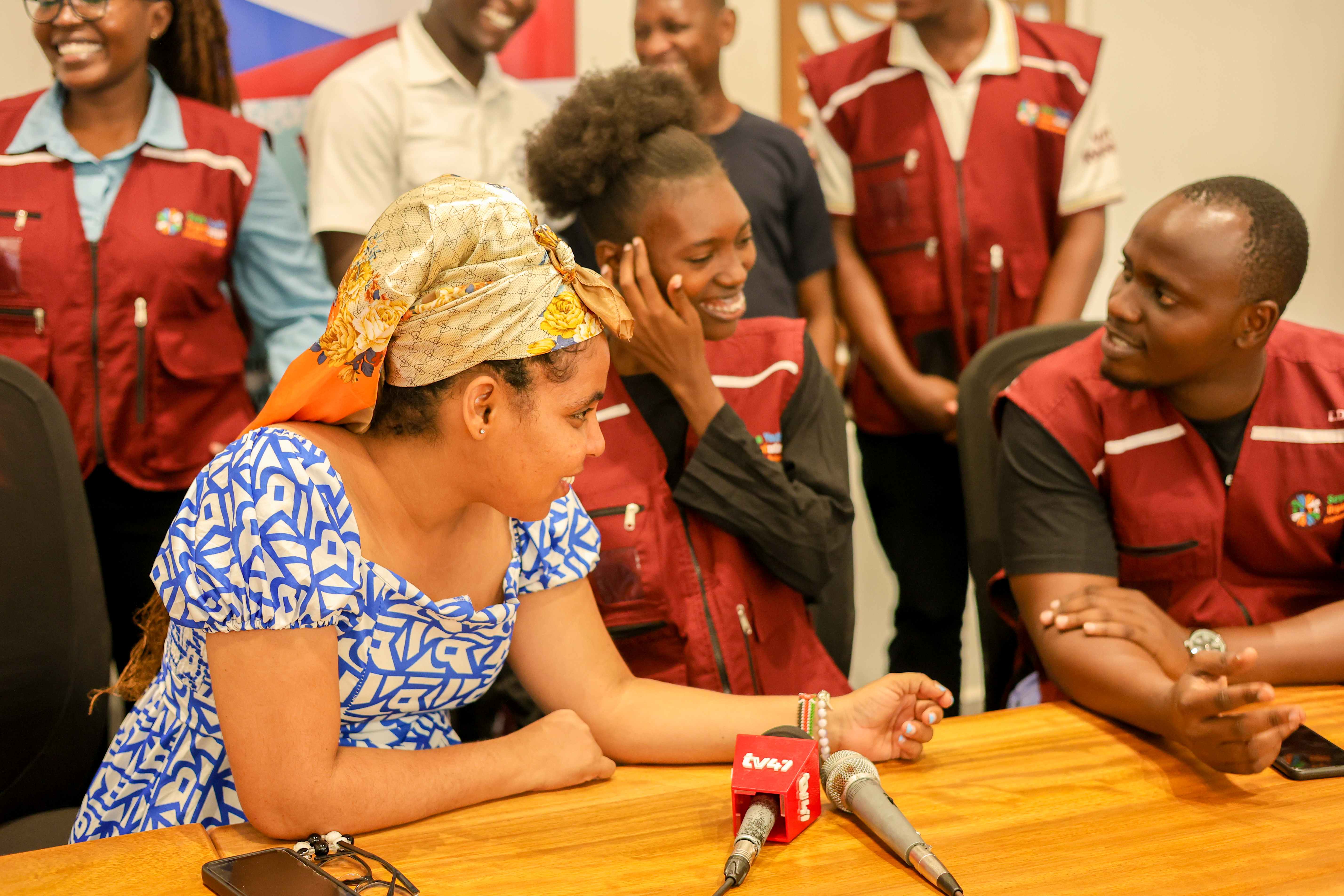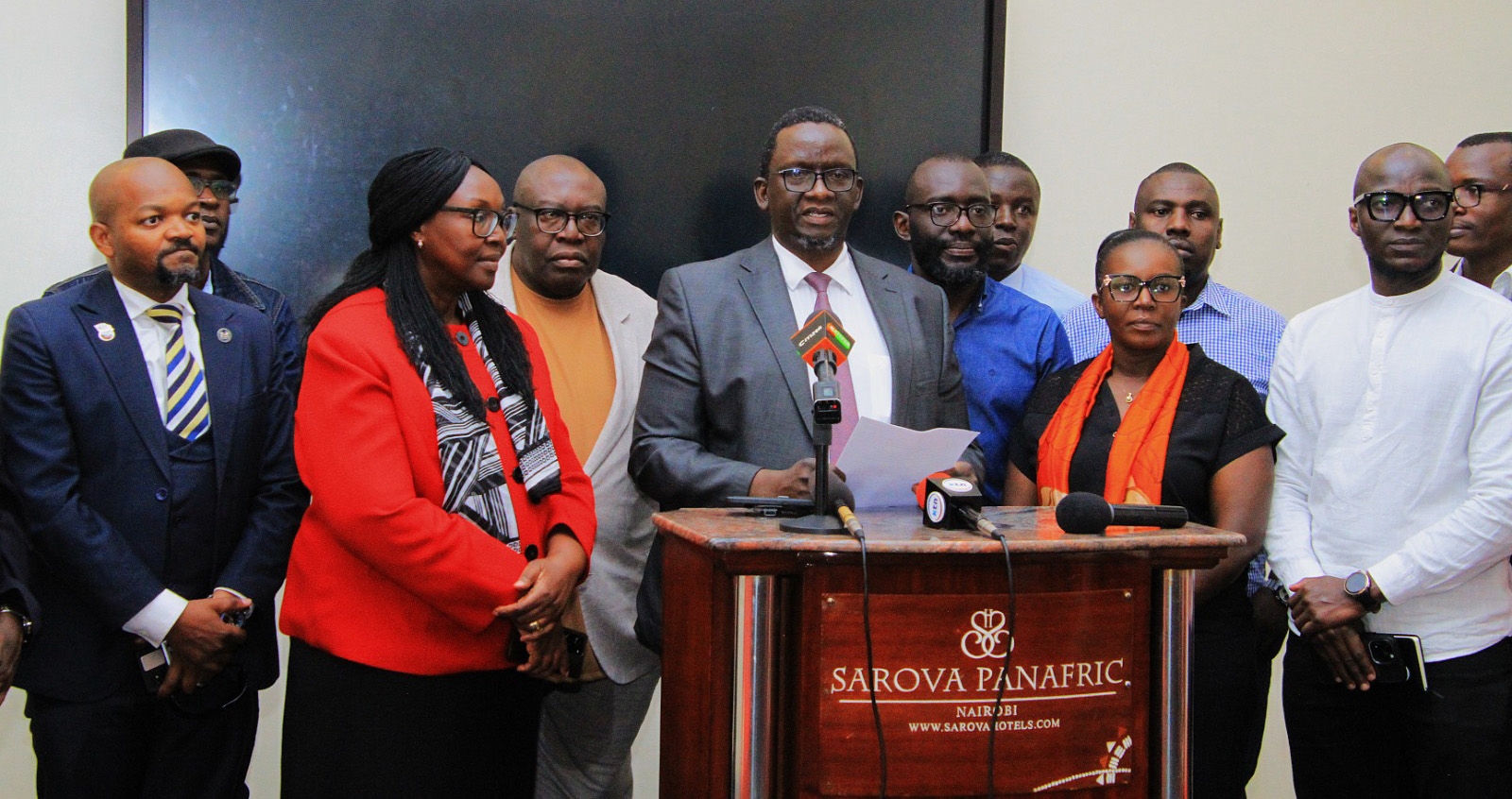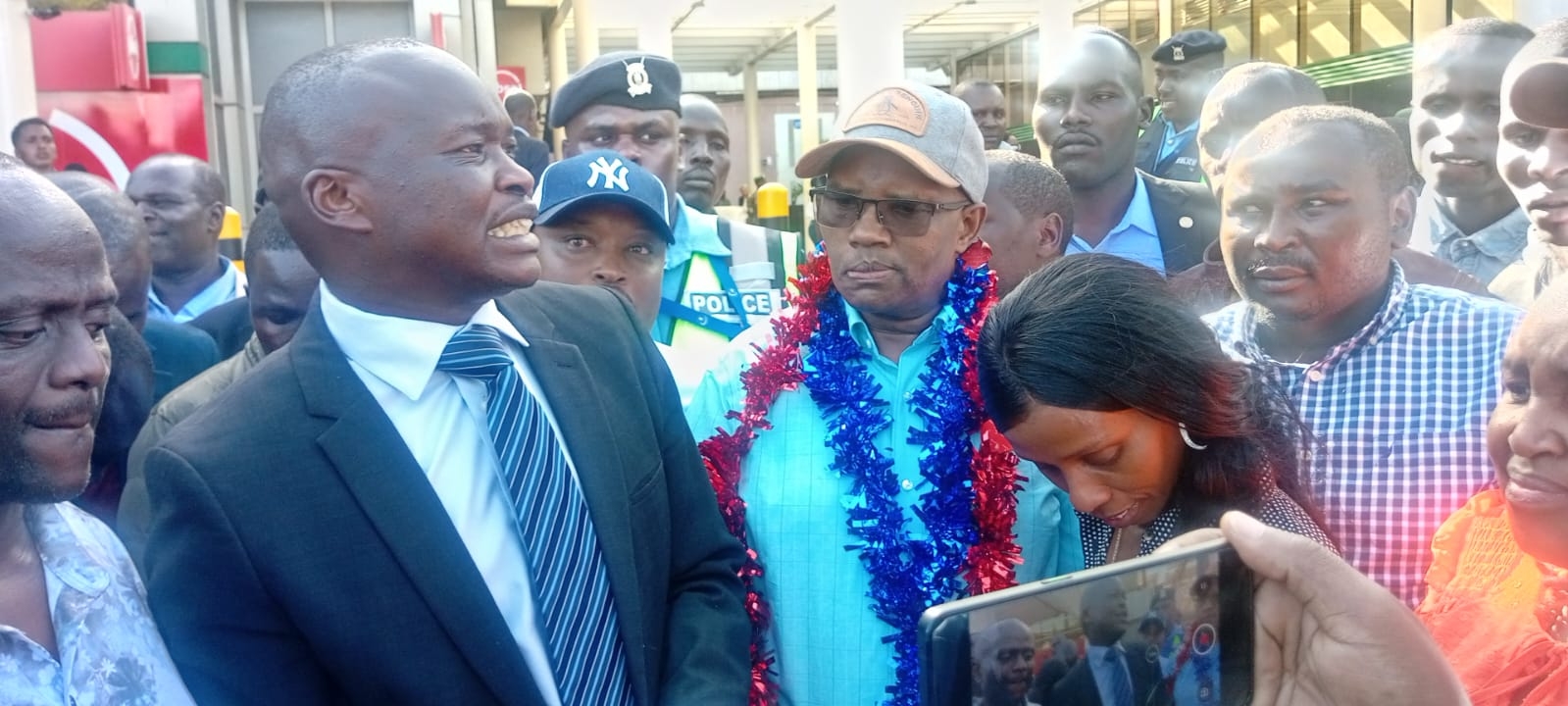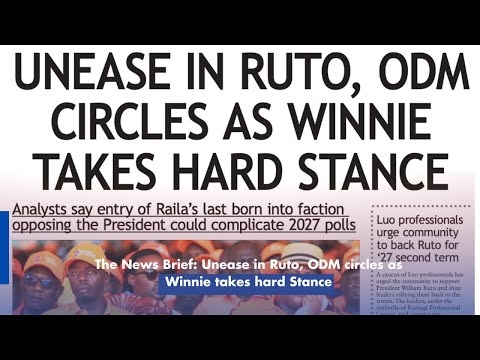
 Stella Mwangilla and
Lucas Muchegi of Seya Youth Organisation in Mombasa on Wednesday /BRIAN
OTIENO
Stella Mwangilla and
Lucas Muchegi of Seya Youth Organisation in Mombasa on Wednesday /BRIAN
OTIENOPersons living with disability in Mombasa County have called for a review of the Data Protection Act, 2019, arguing
that the law is silent on key aspects affecting their access to
information.
During a meeting held on Wednesday,
several visually and hearing-impaired individuals highlighted the difficulties
they face in obtaining crucial information about their rights from government
institutions.
Lucas Muchegi of Seya Youth
Organization said accessing information is often a major challenge for
PWDs, particularly those with visual or hearing impairments.
“Most of what is discussed across
different sectors just passes them by because of their conditions. It infringes
on their right to access accurate information regarding their lives,” he said.
The meeting, part of the Civic Digital Inclusion Policy Lab
funded by Internews Europe through Internews Kenya, sought to gather insights
from PWDs to inform a policy brief advocating for a more inclusive law.
“We are pushing for a tailor-made
data protection law that will be usable by everyone, regardless of their
challenges,” Muchegi said.
Abdul Hassan, Coast regional
coordinator of the Short Stature Society of Kenya, highlighted challenges faced
by hearing-impaired individuals when accessing health services.
“Medics often lack the skills to
communicate effectively with them, forcing reliance on third parties, which
infringes on their privacy,” he said, urging training in sign language for
health workers.
Stella Wangila of Beyond Barriers
Persons With Disability CBO called for broader national discussions on PWD
issues.
She noted that although the
Disability Act exists, its implementation remains weak, citing the lack of
follow-up on the six-month sign language courses for graduates.
Jimmy Mwaita of Seya Youth
Organization emphasised that most PWDs are unaware of the Data Protection Act
and how their personal data is collected and used.
“The data subject must understand
their rights so they know when their data has been misused and which channels
to seek remedy,” he said.
Mwaita also highlighted the need for
accessible formats, such as audio clips for the visually impaired and Swahili
versions for those without formal education.
The discussions underscored the
urgent need for a more inclusive approach to data protection that ensures PWDs
can access, understand, and exercise their rights fully.
INSTANT ANALYSIS
The call by PWDs in Mombasa for a review of the Data Protection Act, 2019, highlights critical accessibility gaps in Kenya’s legal framework. The current law fails to address the unique challenges faced by visually and hearing-impaired individuals in accessing information about their rights. Lack of accessible formats, absence of sign language integration in public services, and limited awareness of data rights undermine PWDs’ ability to protect their personal information. A tailored policy that incorporates inclusive communication, local language versions, and digital accessibility would strengthen compliance, enhance civic participation, and uphold the fundamental rights of PWDs, ensuring no one is left behind.
















